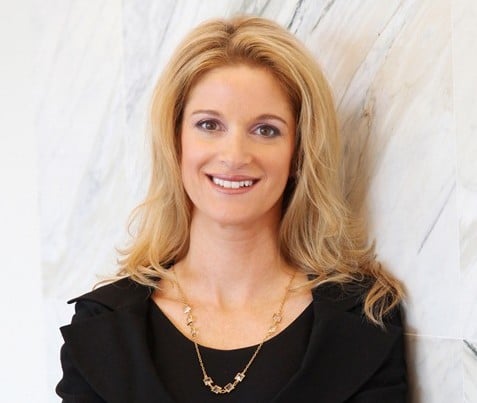Breast Cancer Awareness: Planning for Prevention and Warning Signs for Early Detection

Although advances in prevention and detection are moving forward rapidly, prevention is the ultimate goal – a world without breast cancer. Of course, this proves more challenging because the basic cellular biology of breast cancer is not well understood. But, what we do know is that breast cancer is a result of lifestyle choices. Studies have been conducted on twins. Two people with the same DNA and yet, one gets breast cancer while the other does not, suggests it is environmental. Other studies have even observed the risk factors in Asian cultures. Asian women have 1/6th of the risk of breast cancer in their native country, yet a move to this U.S. has shown that within two generations, their risk is equal to that of American women.
The Western lifestyle is very much to blame: high-fat, high-sugar diets, processed foods, stress, exposure to pesticides and toxic chemicals and sedentary activities, like long commutes, desk jobs, playing video games and TV time. If you want to prevent breast cancer, maximize the positive things in life. Be mindful of what you put into your body and what you do. Eat a balanced diet, exercise regularly, but make sure you include time for fun stuff too – stress can leave you susceptible to disease.
One important prevention tool that is showing up in the research is vitamin D. Low levels of vitamin D have been linked to a number of adverse health conditions, but supplementation has been linked to preventing breast and colon cancers. Vitamin D plays a role in the immune system, which makes it valuable to your health and well-being.
Know the Warning Signs
Since no prevention plan is fool proof, you can ensure you get treatment early by knowing the warning signs of breast cancer. In many cases, the changes discussed below are not cancer, however if you discover you are suffering from any of these symptoms, see your healthcare provider to rule out the possibility. Breast changes are a normal part of the aging process, but in the event that it is breast cancer, early detection can save your life.
- Swelling, redness warmth or darkening of the breast
- Hard knot or thickening inside the breast or underarm
- Puckering of the skin of your breast
- Changes in the size or shape of your breast
- Itchy, scaly sore or rash on the nipple
- Inward pulling of the nipple
- Pain localized to one area of the breast that does not go away
Vague indications to discuss with your healthcare provider:
- Breast lumps or lumpiness. Breast tissue normally has a lumpy texture, however if you notice a lump that is more pronounced, you should investigate further. At home, the simplest test is to check both your breast for similarities. If any lumps feel different from the rest of the breast and/or the other breast or you feel something unlike anything you have felt in the past, contact your healthcare provider.
- Nipple discharge. Discharge is often an indicator of infection or another condition that needs medical treatment, in most cases it is not cancer. Liquid leaking from your nipples when squeezed is a natural reaction of the body. If however, you experience leakage without squeezing, discharge that occurs only in one breast or bloody fluid, seek the care of your healthcare provider.
- Gut Instinct. Don’t rule out your instincts. If you feel like something is unusual, don’t hesitate to discuss it with your doctor. The earlier you detect disease, the greater your chances of treatment and survival.
Jennifer Landa, M.D., is the Chief Medical Officer of BodyLogicMD and author of the top-selling book, The Sex Drive Solution for Women. Dr. Landa is an internationally recognized speaker and medical sexual health expert, who helps men and women rediscover their libido and rekindle passion and sexuality in their lives. She practices anti-aging and integrative medicine and dedicates her practice to bioidentical hormone therapy, customized nutrition and fitness programs.
As Chief Medical Officer, Dr. Landa is the voice of BodyLogicMD and is also responsible for the training and education standards of each BodyLogicMD physician across the country.
She has been featured as the expert source throughout local and national media, including FoxNews.com, The Huffington Post, Shape magazine and many more. She lectures internationally, educating women and men about hormone imbalance, nutritional supplementation, lifestyle risk factors, sexual health and the treatment options available for optimal health and wellness.
Dr. Landa is board-certified in Anti-Aging Medicine and an Advanced Fellow of Anti-Aging and Regenerative Medicine. Before pursuing preventive medicine, she practiced medicine as a board-certified physician of obstetrics and gynecology. She earned her medical degree from Albany Medical College of Union University in Albany, NY in 1996. She completed her internship and residency at Beth Israel Medical Center in NYC, where she was distinguished as the Administrative Chief Resident in OB/GYN.
